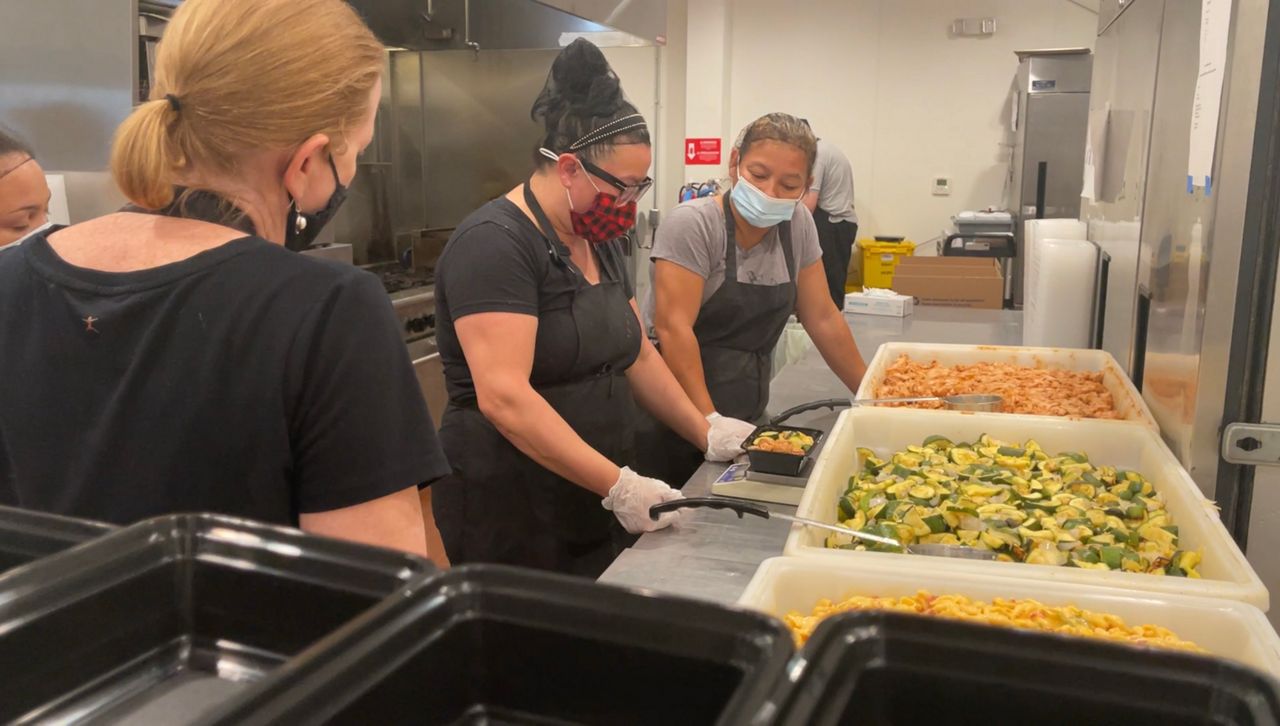Austin leaders approve $3M to address food insecurity
[ad_1]
AUSTIN, Texas – Even though the city of Austin could soon become the 10th largest city in the country, major food insecurity issues still exist in the area.
Before the break, Austin City Council approved $ 3 million from the American Rescue Plan to develop a regional food system strategy to address these issues.
“The Del Valle area has long been underserved in dealing with historical systemic inequalities,” said Vanessa Fuentes, a district 2 council member.
Fuentes represents some of the most food insecure areas, an issue that was important to her even before she joined the Council.
“I’m definitely coming from an advocate, through and through, not a politician’s point of view, and as my leader, it has really enabled me to stay very connected to the community,” she said.
Anyone on site knows the severity of the problem firsthand.
Joi Chevalier is one such person. She has experience in the tech industry and was an auditor for a year. This allowed her to take a step back and understand the local needs.
“When I had a 20 year career in technology in mind, I started thinking about where I could make the most impact. And I had the feeling that it was while eating, ”she recalls.
Chevalier founded Cook’s Nook, a local food incubator. It’s a space in southeast Travis County that is helping new food businesses grow and collaborate. Recently, it has taken on the additional role of a community food prep station, where meals are cooked and distributed to local nonprofits and other groups who then distribute them to those in need.
“We’re not talking about a sandwich and a piece of fruit in a bag, you know, or something like that,” said Chevalier.
She says the meals are nutritious, plant-based, and ready-to-eat. Much thought is given about meals, including whether or not the recipients of those meals have access to microwaves or other kitchen appliances. Employees will prepare around 800 meals on each shift, but those meals are a drop in the ocean.
“We want to make sure that as many people as possible have access to high quality food at the same time,” said Chevalier.
Such work is essential for those who depend on it. Because of this, proponents like Chevalier hope the $ 3 million will be used to promote more programs like theirs and contain the overall problem across the county. Still, Chevalier believes it will require cooperation at all levels.
“When you bring all of the pieces together – nonprofit, city, corporate. We can have a really sustainable and repeatable impact and that is what we are trying to do here in tackling food insecurity, ”she said.
[ad_2]

